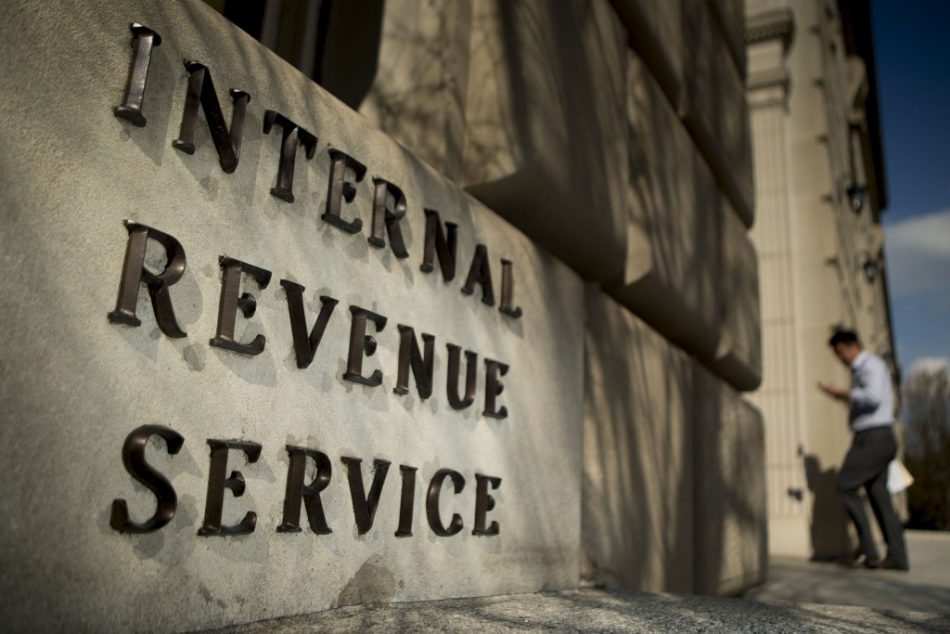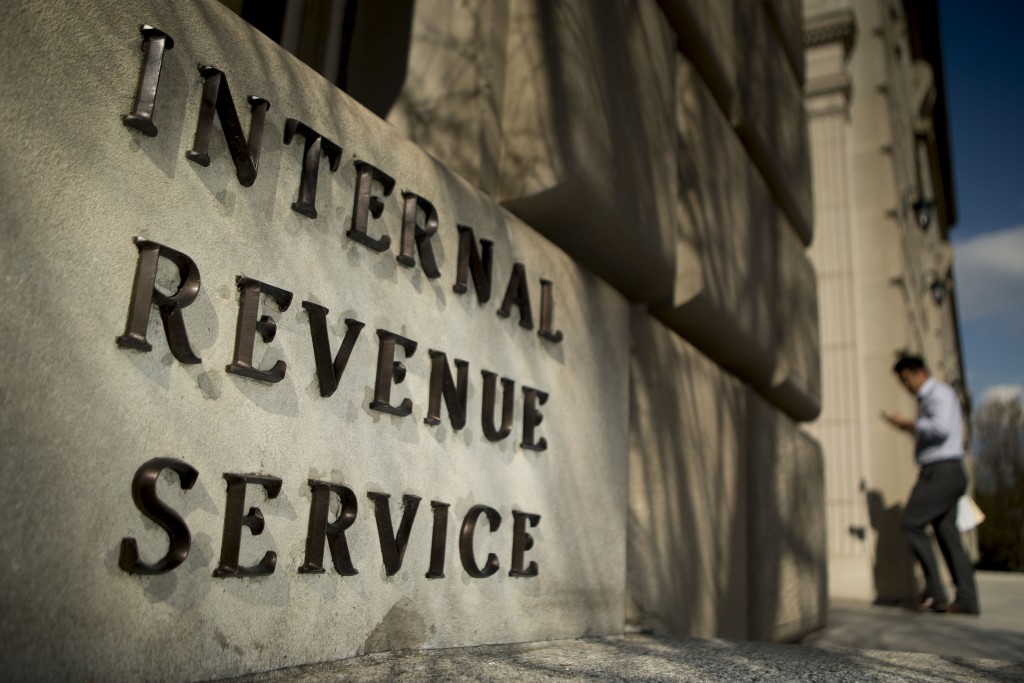Yesterday, September 14, 2017, the IRS released Revenue Procedure 2017-53, which international grantmakers and their tax advisors have eagerly awaited. As background, private foundations making grants directly to foreign organizations generally must use one of two grantmaking procedures―expenditure responsibility or foreign public charity equivalency. (The latter is known as “FPCE” for short, and also sometimes “equivalency determination,” or “ED”). In FPCE or ED, a grantor makes a good faith determination and reasonable judgment, usually based on written advice of a qualified tax practitioner, that the foreign charity meets 501(c)(3) and public charity requirements. Having done this, the private foundation can typically count a grant to the foreign entity toward its qualifying distribution requirement and not have the grant constitute a taxable expenditure. The information to make an FPCE determination is usually gathered via an affidavit, the basic template for which was set forth in a revenue procedure issued in 1992, Rev. Proc. 92-94.
Over the years, however, the law and regulations affecting both public charities and FPCE procedures themselves have changed in various respects. As one example, the U.S. Department of the Treasury released final regulations in 2015 that: (1) broadened the class of qualified tax practitioners on whom private foundations could rely for this purpose; (2) eliminated, for purposes of the special rule (kind of a safe harbor), the ability of private foundations to rely directly on grantee affidavits without written advice from a qualified tax practitioner; and (3) clarified the reliance period for advice, including aligning the period with prior changes to public support regulations. As a result, practitioners had long felt that Rev. Proc. 92-94 was outdated and sought more relevant guidance.
Revenue Procedure 2017-53 addresses many of these issues and sets forth the components of “preferred written advice,” a safe harbor on which private foundations may ordinarily rely in making a reasonable judgment and good faith determination that a grantee meets Section 501(c)(3) and public charity requirements.
You can read Revenue Procedure 2017-53 for yourself here, but here is a list of some of Rev. Proc. 2017-53’s more important points:
- English. Preferred written advice from a qualified tax practitioner for this purpose, along with all attachments, must be in English.
- More attachments explicitly required. Preferred written advice should attach the grantee’s organizing document (translated to English if needed). As described below, it should also attach other information, such as support schedules, and translated foreign law relied on.
- Foreign laws. The grantor and qualified tax practitioner may rely on translations of and public information concerning foreign laws.
- Terrorism. Preferred written advice should verify that the grantee has not been designated a terrorist organization by the U.S. government. While not required for preferred written advice, the private foundation should also confirm that the grantee and certain related individuals are not foreign persons whose property and interests are blocked pursuant to Executive Order or OFAC regulations.
- Hospitals. Rev. Proc. 2017-53 confirms that a hospital FPCE grantee need not comply with Section 501(r), extensive requirements on domestic hospitals imposed in 2010. Preferred written advice need not address this point.
- Schools. Preferred written advice regarding a school FPCE grantee must confirm that the grantee does not discriminate on the basis of race, color, or national or ethnic origin, both by policy and in practice. The grantee may fulfill the first part of this requirement via a policy in its governing documents or adopted by its governing body. While the procedures of Rev. Proc. 75-50 need not be followed, this remains an avenue by which a grantee may demonstrate that it actually operates in a racially nondiscriminatory manner.
- “Incubating” or new foreign charities. Confirms that a foreign grantee in its first five years of existence may be treated as publicly-supported if the preferred written advice determines that, as of the time of the determination, the grantee can reasonably be expected to meet the applicable public support test.
- Must attach public support schedule. If the grantee has been existence for more than five years and is publicly-supported within the meaning of Section 170(b)(1)(A)(vi) or 509(a)(2), preferred written advice should attach support schedules.
- Treatment of foreign charity and government gifts in public support test. Confirms that a foreign grantee’s public support includes contributions and grants from charities described in Section 509(a)(1), whether domestic or foreign. Grants from a domestic or foreign government, or international organization designated as such under 22 U.S.C. 288, also constitute public support.
- Simplified update affidavits permitted. Rev. Proc. 2017-53 confirms that where a grantee has previously supplied an affidavit, an updated affidavit describing only material changes (along with the previously-supplied affidavit) may be relied upon.
- Applies to DAFs. Until further guidance is issued, sponsoring organizations of DAFs may also follow this guidance.




